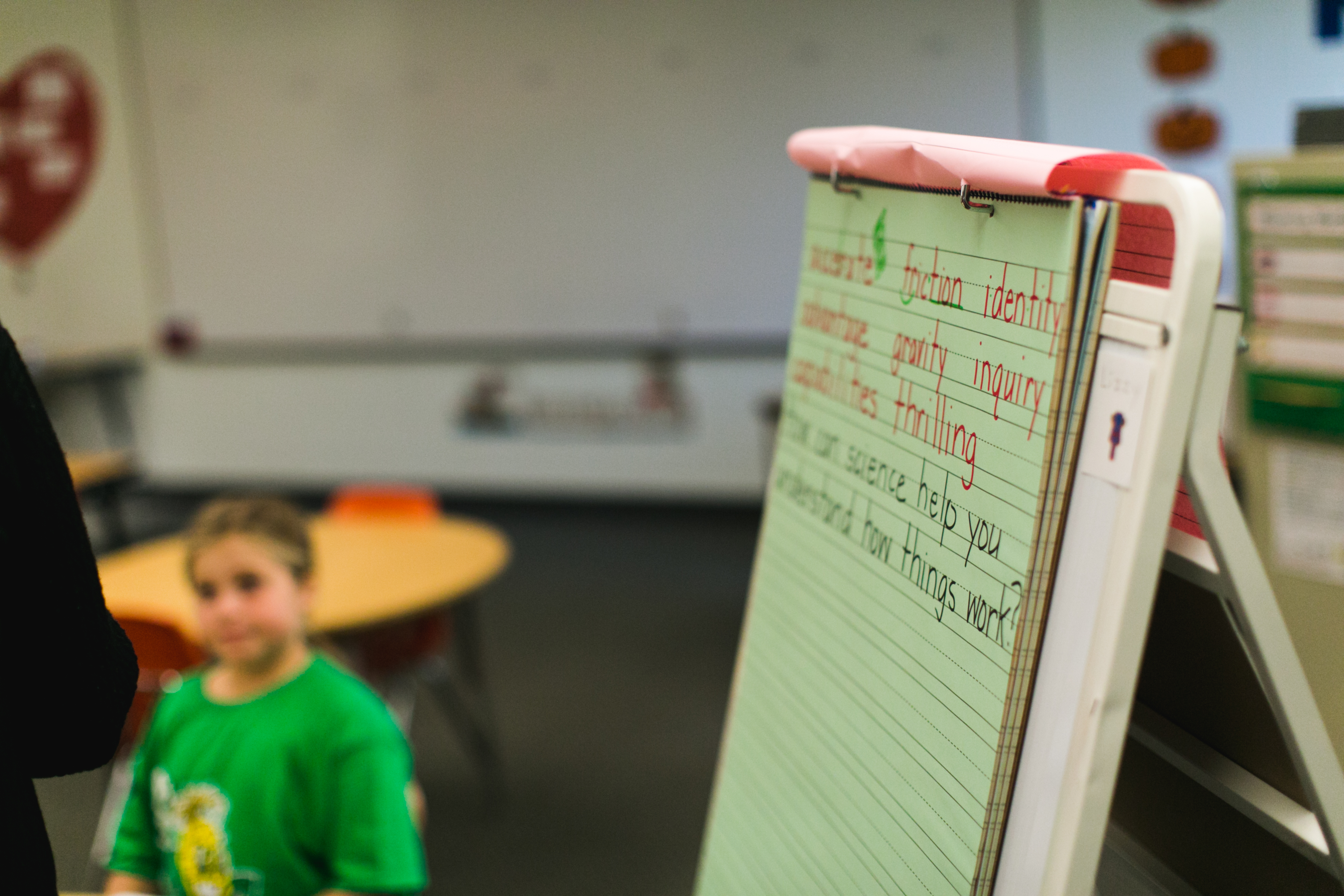The Senate Education Committee on Wednesday held an extensive hearing on childhood literacy. Senators heard and laid over six bills on varying topics related to reading instruction with a heavy focus on dyslexia.
Sen. Carla Nelson started off the hearing commenting on how 40 percent of students are not proficient readers and that statistic is shocking. She said reading is fundamental and the key that allows students to learn everything else in school. She then introduced her bill.
Here are the bills presented during the hearing at a glance:
- SF 733: Grants for teachers to take courses from accredited providers for professional development.
- SF 772: (Similar to 733): $250,000 annually for training for any licensed teacher whose duties include providing reading instruction to students in a dyslexia training program.
- SF 651: Change the dyslexia screening process, limit the mandates and reduce the burdens on schools to do what they need.
- SF 116: Require PELSB to adopt rules requiring all Tier 3 and 4 teachers who are renewing licenses to take reading preparation training to help recognize and understand dyslexia.
- SF 196: Change training instruction for dyslexia from scientifically-based instruction to evidence-based instruction.
- SF 229: Grants to ServeMinnesota for next two years to enhance reading and math corp programming for American Indian Tribal contract schools (BIE schools).
Learn more about each below:
SF 733 & 772: Training Teachers
The committee first heard a bill authored by Chair Nelson that would allow for grants to teachers to take courses from accredited providers for professional development. The providers must be a Wilson Language Training accredited partner, accredited by the International Multisensory Structured Language Education Council, or an Academy of Orton-Gillingham Practitioners and Educators accredited training program.
SF733 also would allow for reimbursement to teachers who successfully complete training and allow for hiring bonuses for teachers licensed in or working in a shortage area. The bill was amended to allow for reimbursement to not mandate it.
There were questions by members about the three providers. Dr. Deborah Dillon, of the University of Minnesota’s Center for Reading Research testified that reading is incredibly important, that she and the Center are absolutely concerned about young person reading problems. She also shared concerns with naming the programs because state law cannot limit school districts’ reading programs, and that the organizations named don’t meet federal government standards for reading. MREA currently partners with the Minnesota Center for Reading Research to bring high-quality reading professional development to rural Minnesota schools. Read more.
Sen. Roger Chamberlain commented that while the federal government can be a good authority, in some cases they aren’t always the final authority. He went on to say the results from schools that use these three programs are proven. Chair Nelson said she would work on the language to see if other accredited programs could also be used.
Chair Nelson said she would work on the language to see if other accredited programs could also be used.
The senators also heard about a similar bill, authored by Sen. Justin Eichorn. SF772 would allow for training for any licensed teacher whose duties include providing reading instruction to students in a dyslexia training program. It designates the same three providers as SF733 and eligible training providers.
It appropriates $250,000 per year in FY20-21 to the Minnesota Department of Education and requires MDE to report back to the Legislature on the number of teachers participating, which schools are represented by the teachers in training, the amount expended for training costs, and recommendations to improve dyslexia training for teachers.
SF 651: Dyslexia Screening
Sen. Chamberlain then presented his bill on dyslexia screening. He stated that the goal of SF651 was to change the process, limit the mandates and reduce the burdens on schools to do what they need.
The committee didn’t do a deep dive into the bill because in his opening remarks he stated that this was still a work in progress and that he was working with the various stakeholders to make adjustments to the language.
SF 116 & 196: Dyslexia Training
The next bill was SF116 authored by Sen. Greg Clausen. This bill would require the Minnesota Professional Educators Licensing and Standards Board (PELSB) to adopt rules requiring all Tier 3 and 4 teachers who are renewing their licenses to take reading preparation training to help recognize and understand dyslexia.
The reading preparation must:
- Include at least five clock hours of training
- Be developed in consultation with the Department of Education dyslexia specialist
- Approved by the Commissioner
Sen. Clausen also presented a second bill focused teacher training for dyslexia. SF196 would change training instruction from scientifically-based instruction to evidence-based instruction.
Teacher preparation programs may consult with the Department of Education and must be in conjunction with the standards of the International Dyslexia Association.
The program must address the nature and symptoms of dyslexia, resources available for students, evidence-based instruction categories, best practices for assisting students.
It also required a report by PELSB to the Legislature on the teacher preparation development program. Alex Liuzzi from PELSB commented that this work supports the goals of the board for Tier 3 and 4 teachers and noted that some teachers might not get the training necessary.
SF 229: Reading and Math Corp.
Sen. Eichorn, SF229. This bill would provide $416,000 each year for the next two fiscal years for grants to ServeMinnesota to enhance reading and math corp programming for American Indian Tribal contract schools (BIE schools). The goal is to assist in closing the achievement gap for American Indian students by using Reading Corp through the Total Learning Classroom program. The TLC program at BIE schools plan to facilitate a partnership with Tribal communities by hiring Master Literacy Coaches for each site and place Scholar Coaches in 16 classrooms.
Comments
After the bills were heard, Chair Nelson opened up the hearing to anyone else who wanted to provide comments to the Committee. Comments ranged from problems parents, students and teachers had in getting a dyslexia diagnosis, the success of the Orton-Gilllinham and Wilson programs students had participated in, and the extreme costs that were associated with late diagnosis and lack of help for teachers.
The hearing went longer than the allotted time but the testifiers and members of the Committee had an in-depth discussion about the needs in dyslexia screening.





